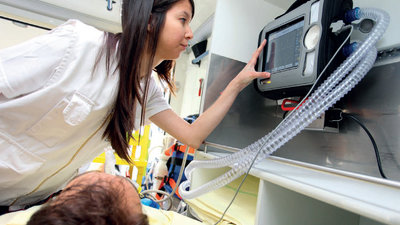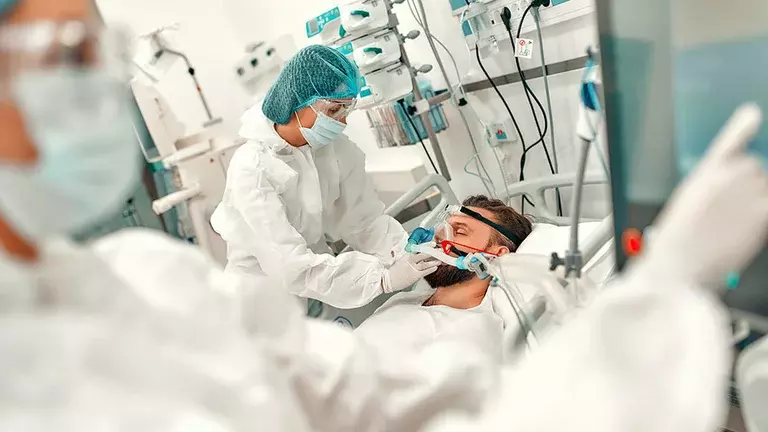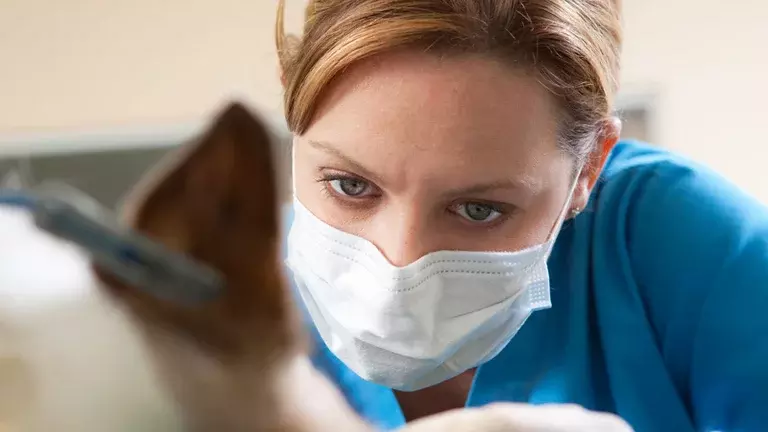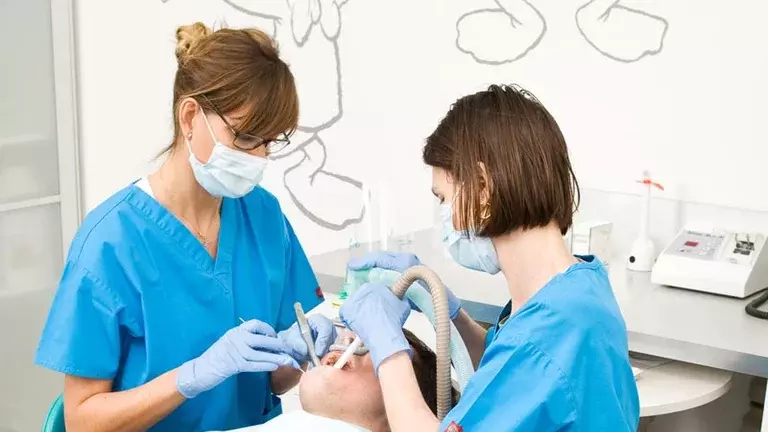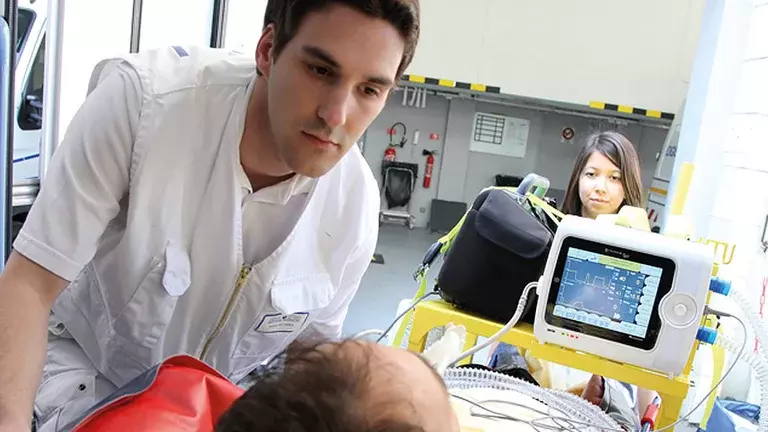Hypoxia
When the cells in our body lack oxygen.
The importance of oxygen for the human body
Oxygen is an essential requirement for cell functions that allows the production of energy by cells in different organs and tissues. Respiration defines the different steps that lead to the supply of oxygen from the blood in the human body and the removal of carbon dioxide from the blood into the air.
Providing oxygen to the body
It all begins with breathing well.
Inhaled air passes through the lungs, where oxygen enters into the blood flow. Carried by the bloodstream, oxygen is sent to its target destination. Ultimately, oxygen is released through the capillary membrane into the cell where it is used to produce energy.
Overall, oxygen delivery depends on the sufficient functioning of three systems:
- Respiratory: delivering oxygen to the bloodstream
- Hematological: carrying oxygen to the cells
- Cardiovascular: output and flow to deliver oxygen to the tissues
Hypoxia: when cells can’t breathe
The role of oxygen is to accept electrons, which allows the process of energy production to be completed in the cell.
This reaction uses glucose and produces water and carbon dioxide. It occurs within an organelle named the mitochondrion.The process is referred to as mitochondrial respiration, the breathing of a cell.
If no oxygen is present in the cell to accept electrons, you are deprived of oxygen. This is fatal for the cell and the whole organism. This is what we call Hypoxia.
Different causes and origins of hypoxia
There are 3 kinds of conditions that can lead to hypoxia and/or hypoxemia: a reduction of oxygen (O2) source (reduced concentration in inhaled air), a reduction of O2 supply to tissues, and an increase in O2 demand at the tissue level.
- Hypoxemia: Hypoxemia is the decrease of oxygen carried into the blood. It affects oxygen delivery to tissues, but also how well it is able to move from the airspace of the lungs into the blood.
- Hypoxia in hypoxaemic conditions: Hypoxia in hypoxaemic conditions occurs whenever the oxygen carried into the blood decreases below normal levels.
- Hypoxia in normoxaemic conditions: Hypoxia in normoxaemic conditions occurs whenever oxygen is not sufficiently supplied by the available oxygen stores to meet the tissue demand.
What are the solutions to hypoxia?
Any disorder causing hypoxia could be managed with oxygen administration, to reduce the effects of hypoxia.
The goal is to restore sufficient oxygen delivery to the tissues. However, to be efficient, oxygen therapy requires the respiratory, hematological, and cardiovascular systems to be at least partially functioning, as the origins of hypoxia may be respiratory or non-respiratory.
Q&A
Can poisoning by toxic agents cause hypoxia?
How much oxygen is there normally in the air?
Do you need pricing or more information?
Our team will listen to your needs and answer your questions, to help identify the right equipment and services for your facility.
Write us
Talk to us
Visit us
6990 Creditview Road, Unit 6
Mississauga, ON L5N 8R9
Why choose us
-
Full-scope medical gases provider
We are involved from production to patient therapy, and know medical gases intimately -
Reliability
You can depend on us to provide you with the right equipment and services to meet your facility's needs -
Innovation
Innovation is our vision: we prioritize quality of care through patient-centric products and services -
Safety
Ensuring the safety of your patients and staff is our top priority - our emphasis is on safety, compliance and risk management -
Experienced
We are owned by Air Liquide Group, the largest supplier of industrial, medical & specialty gases, found on every continent in the world -
Coast-to-coast service network
Our fill plants are widespread to shorten response-time and ensure supply chain reliability -
Accreditation and regulation
We help you ensure your facility's medical equipment is serviced and fully compliant with Canadian standards -
Customized portfolio
We supply a complete range of high-quality specialty gases, including mixtures used in specific applications to suit your needs




